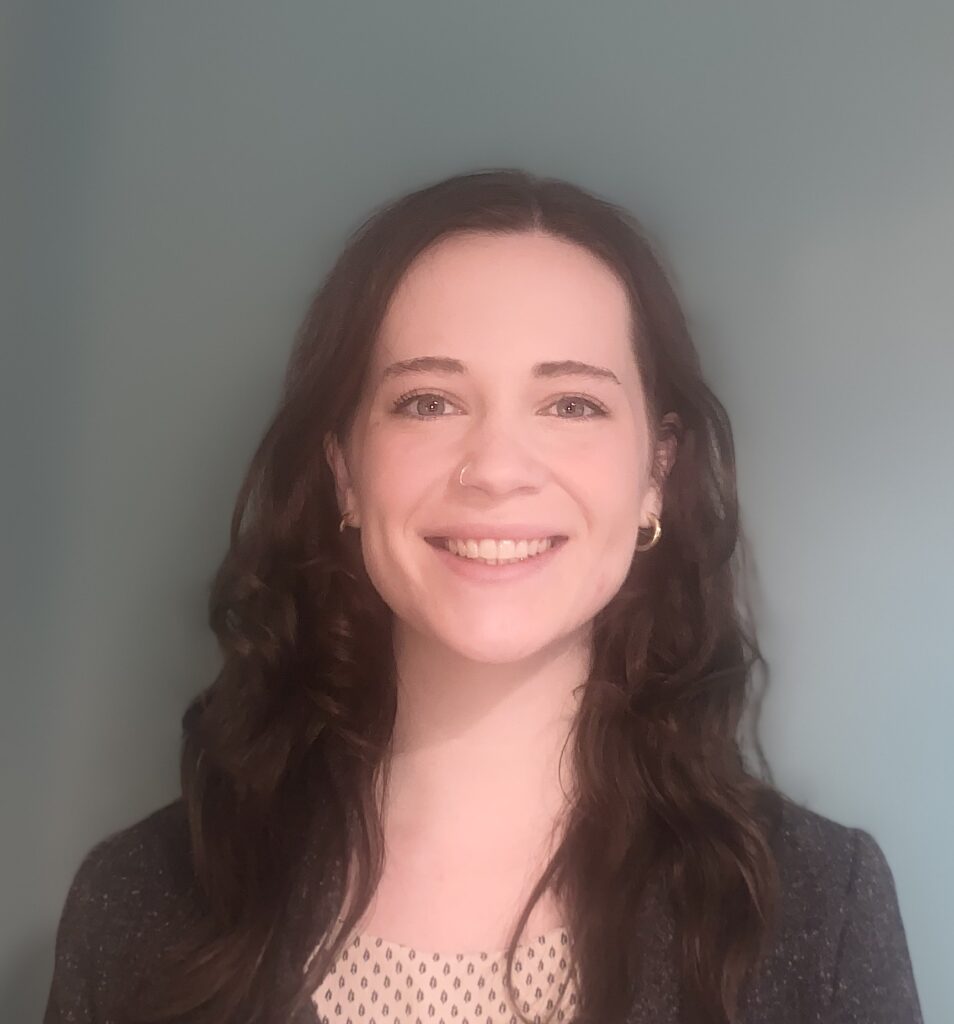
+ Where are you in your MTS journey? Where are you from? What church connections and/or leadership positions should we know about?
I was born and raised in Memphis! I’m in my last semester of the Master of Divinity program, pursuing ordination in the Cumberland Presbyterian denomination, and am currently serving at Brunswick Cumberland Presbyterian Church.
+ What led you to your work as a chaplain? What personal connection do you have to this kind of work?
I first felt drawn to chaplaincy from the moment I learned that it was a job someone could have! From a young age I was aware that I had a knack for listening carefully to friends who were in some kind of trouble, and that I remained calm and comfortable in otherwise uncomfortable situations. As a student at MTS, I started taking pastoral care and chaplaincy-related courses through the Chaplaincy Studies program. These courses opened up a new world of what it means to serve God and neighbor through spiritual care! I learned how my gifts aligned with the role of the chaplain — offering non-anxious, nonjudgmental presence and support in an interfaith context. This is how a calling to chaplaincy started to take shape.
+ What part of chaplaincy work is most meaningful to you?
Part of what makes chaplaincy so meaningful to me comes from how I understand God. I experience God as a loving, divine parent who actively cares about God’s creation. I believe that there is no situation, no place, no person that is beyond God’s love and presence. In the darkest or most difficult contexts — I firmly believe that God is there! And so, when I’m sitting with someone who is in crisis or feeling despair or loss, I know that I am also sitting with God and God’s child. This is a great honor and gives me a sense of purpose and grounding.
+ Tell us about an aspect of your work so far with West Cancer Center and Memphis Theological Seminary that has caused you to change or grow in some way.
One aspect of this internship that has prompted growth has been navigating office culture/work dynamics of WCC. I’ve never worked in a clinical setting before, and so I am learning quite a bit about how my role fits in! I am naturally an introvert, but I’m learning how to embrace a sense of pastoral authority and confidence when meeting with fellow staff. “Fake it until you make it” is not such terrible advice, as it turns out!
+ What would you tell someone who is interested in or discerning a call to chaplaincy?
When I was discerning a call to chaplaincy (and this discerning reflection is ongoing), one of the most helpful things has been to tap into the well of online resources available. Resources such as the Chaplaincy Innovation Lab and the ACPE website have a lot of information curated and distributed by chaplains. They have webinars and articles and links to other resources that have helped me get a sense of what working in spiritual care looks like. Of course, nothing is better than the real thing! I would encourage anyone to contact people who work in chaplaincy and ask them about what their journey has been like, what their typical days/tasks look like, and what they do to prepare themselves for their work.
